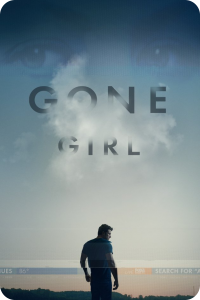Mental illness, creation, and redemption are at the center of this admirable, surprisingly light-footed biopic. The film flashes between the Beach Boys’ Brian Wilson of the mid-‘60s (Paul Dano)—who is caught in a psychological, drug-exacerbated downward spiral that’s entwined with his artistic self-realization—and Brian Wilson of the ‘80s (played by John Cusack)—sweet, incoherent, and heavily, heavily medicated by his personal physician (Paul Giamatti—yes, you know where that’s going).
It sounds like another hackneyed, blandly aggrandizing story about an intoxicated waif who happens to have a cleverness that can be readily swallowed by the pop culture marketplace. But it isn’t. Wilson’s struggles are captured with restraint and nuance. He’s haunted, fragile, and clearly very ill; and he’s taking drugs— in part because he’s a 23-year-old California musician in the 1960s, but mostly to escape his increasingly fractured psyche.
Love & Mercy also deftly captures Wilson’s artistry. Wilson’s struggles and exile from the rest of the band led to the making of the seminal Pet Sounds. Most impressively, director Bill Pohlad and Dano involve the viewer in Wilson’s musical experimentation and discovery with wonder and ingenuity.
When we meet up with Cusack’s Wilson, he is found in a car in a Cadillac showroom by Melinda (Elizabeth Banks). Their relationship develops improbably but agreeably until the manipulative, abusive Dr. Landy interferes. I would go so far as to say that this is the quintessential Giamatti role—shouting, sweating, and supremely unlikable.
Luckily for Brian, Melinda is no pushover. Unluckily for Banks, Melinda doesn’t have much to do but smile and show occasional signs of flint. At any rate, it’s all compelling enough to keep this smartly heartfelt movie sailing along.
P.S. After viewing this movie, I listened to Pet Sounds for the first time in many years. It’s so lush, beautiful, clever, and just transcendentally lovely.















